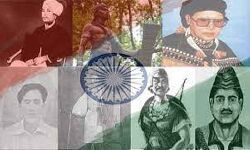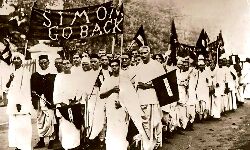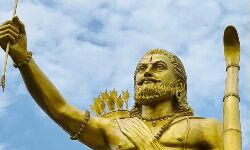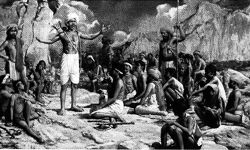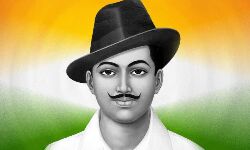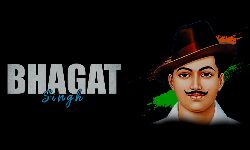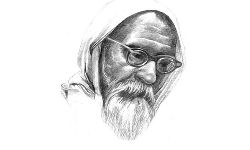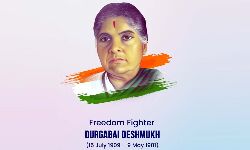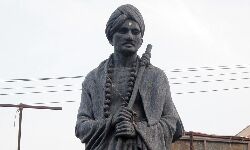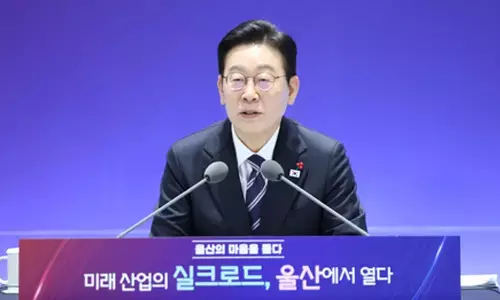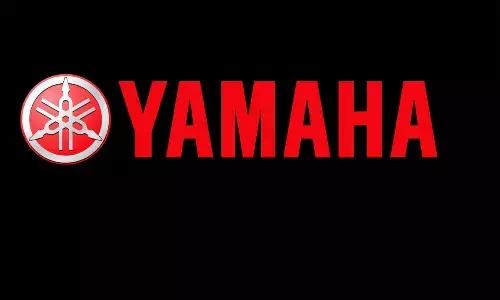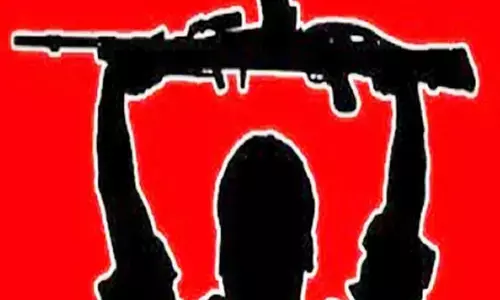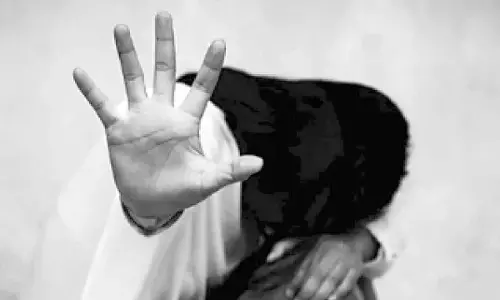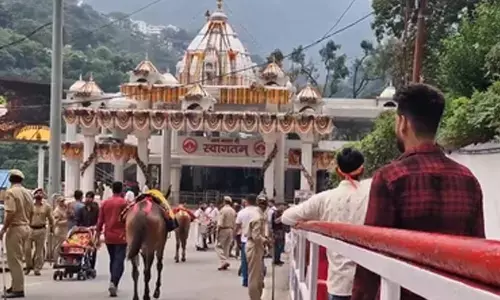Har Ghar Tiranga: Know everything about Independence here
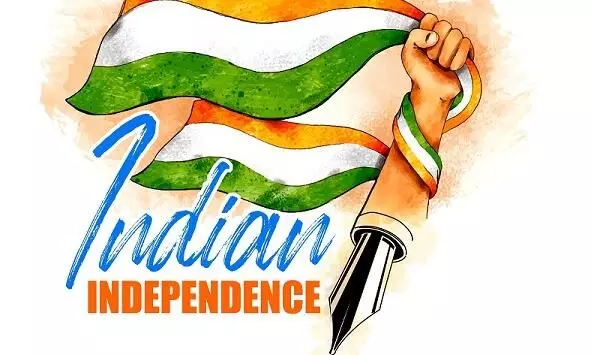
Explore the remarkable journey of India's Independence, a historic struggle that led to freedom from British colonial rule
The Indian independence movement was a series of historic events with the aim of ending British rule in India also known as British Raj. It lasted from 1857 to 1947.
The Movement incorporated the efforts by Indians to liberate the region from British, French and Portuguese and restore the nation-state of India. It was not an easy task. It was an upsurge consisting of different political organisations, philosophies, individuals, intellectuals, poets, youth and women. Between 1857 and August 15,1947, the country witnessed many rebellions.
The initial Indian Rebellion of 1857 took place when Indians serving in the British Army rebelled against the British. Though the revolt was crushed and the country was divided into British India and Princely States, the movement did not stop. There was increasing disenchantment with British authority and the way the rights of Indians and their civil liberties, their culture were being curtailed. This led to an upsurge in reveloutionary activities to send the European colonial power out of India.
Prior to 1857 Sepoy Mutiny, some regional movements in fact laid the foundation for the rebellion. They included Sanyasi rebellion in Bengal in 1770s. In 1787 ethnic revolt against Portuguese control of Goa took place. Most notable one was that by Veerapandya Kattabomman who ruled the present day Tuticorin district of Tamil Nadu. He questioned the need for native Indians to pay taxes on agricultural produce to foreign rulers and battled the British until the latter hanged him. Other movements included the Santal Rebellion and the resistance offered to the British by Titumir in Bengal, the Kittur rebellion led by Rani Chennamma and Sangolli Rayanna in Karnataka.
Live Updates
- 19 Aug 2023 6:59 PM IST
The contribution of the North-East to the Indian freedom movement is not insignificant. However, not much is written about them. But there are some names that come to mind despite it, like Bir Tikendrajit Singh, Rani Gaindinliu, Haipou Jadunang, U Tirot Singh, etc.
Tragically, their stories were never recognised or taught in history lessons. Veer Sambudhan Phonglo is one such name. Hailing from Assam, he inspired many youths of his community and formed an army of his own to wage war against the British. His is a story of how ethnic communities like the Dimasa Kacharis played a vital role in the independence movement. Read More
- 18 Aug 2023 5:36 PM IST
Simon Go Back
The Simon Commission, which toured India in 1927, had a taste of the will of the people when it visited Vijayawada and Ongole.
At Vijayawada, the municipality had passed a resolution asking Simon and company to go back, as part of the nation-wide boycott of the Commission, which was sent to India to review the reforms initiated by Montague and Chelmsford. An envelope was passed on to Simon. As he opened it, he found a paper in it with the slogan 'Simon Go Back'. Read More...
- 18 Aug 2023 5:20 PM IST
A Warrior who made British spend sleepless nights
Alluri Seetharama Raju, a legendary hero of Andhra Pradesh, virtually declared a war against the British. He carried out his campaign against the British in the agency areas of East Godavari and Visakhapatnam district. Inspired with a patriotic zeal from the revolutionaries of Bengal and the decisions taken by them at a meeting in Chittagong in 1921, he raised a number of police outposts in and around Chintapalli, Krishnadevipeta and Rajavommangi, killing several British army officers, including the ruthless Scott Coward and Hites, near Damanapalli. Read More...
- 18 Aug 2023 5:11 PM IST
Rayalaseema has been in forefront during Freedom Movement
For the present generation, freedom struggle is but a glorious chapter in the annals of the nation's history. A struggle which was nonviolent, pitted the moral strength of a subjugated nation against the might of a colonial power to emerge victorious as a free land. We present the history of the national movement in States and regional agitations, which proved to be a milestone in the country's freedom struggle. This is an opportune moment to recreate the past and learn from the experience of these events. Read More...
- 17 Aug 2023 6:39 PM IST
Bhagat Singh A voracious reader
From a very young age patriotism had taken its seed in Bhagat Singh’s conscience. He grew up to appreciate nationalism and crave a British-free independent India. Extensive reading of European literature propelled him towards forming a socialist outlook strongly desiring a democratic future for his beloved country. Though born as Sikh, Bhagat Singh veered towards Atheism after witnessing several Hindu-Muslim riots and other religious outbreaks. Read More...
- 17 Aug 2023 5:08 PM IST
Inquilab Zindabad- Bhagat Singh The Great Indian Revolutionary
Bhagat Singh was born on September 28, 1907, at Banga in Lyallpur district (now Pakistan) to Kishan Singh and Vidyavati. At the time of his birth, his father Kishan Singh, uncles Ajit and Swaran Singh were in jail for demonstrations against the Colonization Bill implemented in 1906. Read More...
- 16 Aug 2023 11:18 AM IST
Vinayak Narahari Bhave was born in a village in Maharashtra’s Kolaba district on 11 September 1895. Considered as a ‘national teacher of India’ who left his firm imprint on the religious, social and political consciousness of India, he was highly inspired after reading, at a young age, the Bhagavad Gita. Of the many teachings of the Gita that Vinobaji highlighted in his talks, one of the most important was the role of self-help. Read More
- 15 Aug 2023 9:11 PM IST
Durgabai Deshmukh-the Iron lady
G. Durgabai was born on 15th July 1909, in Rajahmundry, Kakinada. She was involved in the Indian freedom movement from a very young age: at 12, she quit school to protest the imposition of English as the medium of education. At the age of 14, she volunteered at a conference held by the Indian National Congress in Kakinada.
In May 1930, she participated in Salt Satyagraha in Madras and was imprisoned in 1930 and 1932. Read More...
- 15 Aug 2023 5:32 PM IST
CHIRALA – PERALA MOVEMENT was led by the pride of Andhra Duggirala Gopalakrishnayya
Duggirala Gopalakrishnayya (2 June 1889 – 10 June 1928) was an Indian freedom fighter and member of the Indian National Congress from the southern Indian state of Andhra Pradesh. Known by his title of Andhra Ratna, Duggirala Gopalakrishnayya was the first Andhra leader to become secretary of the All India Congress Committee. Gopalakrishnayya was a very captivating poet, speaker, songwriter, philosopher, singer and an extraordinary revolutionary with a philosophy of non-violence. Read More..


